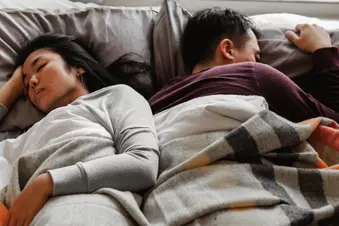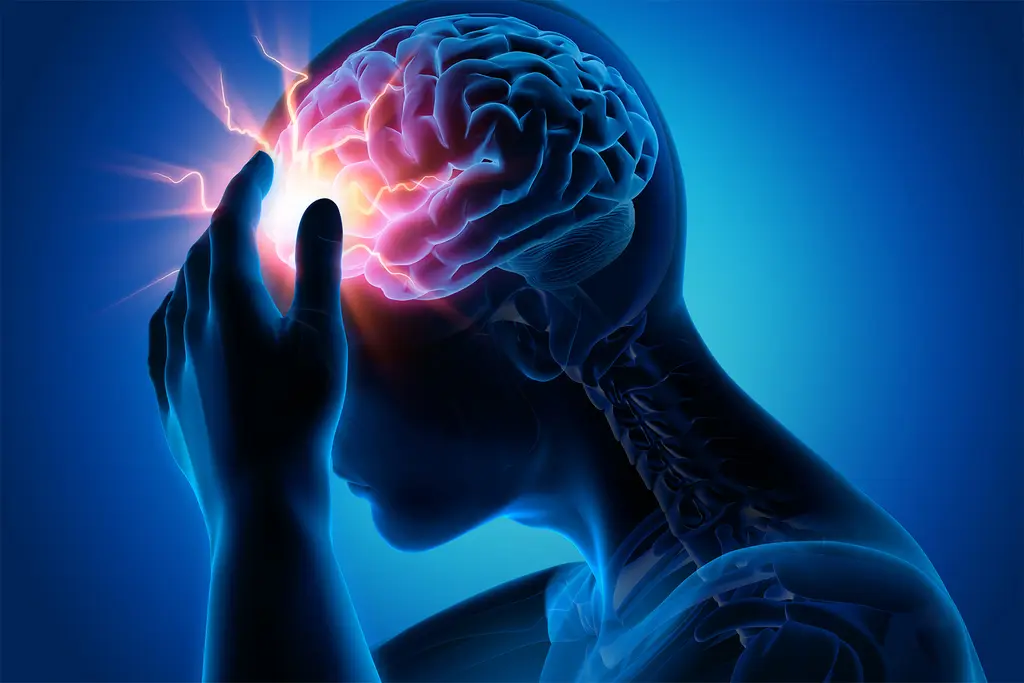
Researchers are still trying to figure out why some people get migraines and others don't.
What experts do know is that certain things can be migraine triggers for some people. Staying away from those things can lower your chances of getting one. Here are some things to avoid.
Don’t stick with things that trigger headaches. Things that trigger a migraine are different for everyone. Once you figure out what yours are, stay away from them, or talk to your doctor about how to manage them better. Common ones include stress, exercise, fatigue, and medications. Women often get them from changes in hormones just before their periods. Alcohol and caffeine can bring them on, as can foods like cheese, chocolate, artificial sweeteners, cured meats, and things with a strong smell.
Don't skip meals. Being hungry to the point that you feel shaky can bring on a migraine. Some researchers think low glucose (blood sugar) levels may cause changes in your brain that bring them on.
Don't take pain meds for more than 3 or 4 days. Over-the-counter medications like acetaminophen (Tylenol), aspirin, ibuprofen (Advil, Motrin), or a combination of acetaminophen, aspirin, and caffeine (Excedrin Migraine) can sometimes help ease migraine headaches. It's best to take one of these as soon as you feel a migraine coming on. But using them for more than a few days in a row can lead to "rebound headaches." Your body starts expecting the pain medication, and migraines can happen if you don't have it in your system.
If you have migraines more than a few times a month or they're severe, talk to your doctor. They may recommend prescription medications to help prevent your headaches.
Don't sleep too much or too little. Both can trigger a migraine. It's important to keep a regular schedule. If you can't fall or stay asleep or if you're getting 7 to 8 hours a night and still feel tired, talk to your doctor. You could have a sleep disorder like sleep apnea or insomnia. They can cause headaches, including migraine headaches. Getting treatment for them may help ease your aching head.
Don't power through the pain. Trying to ignore migraine pain or symptoms like an aura -- which can include seeing light or zigzagging lines, hearing ringing in your ears, or feeling dizzy and unstable -- can make the headaches worse. If you can, lie down in a dark, quiet place until it passes. You also can try putting a cool, damp cloth on your forehead. Some people find that massaging their scalp also helps relieve head pain.
Don’t forget to take notes. It doesn’t matter whether you do it in a notebook or on your phone. Write down these things:
- When you have a headache
- How long it lasts
- Where it hurts, and how badly
- Does it respond to treatment?
You can also add notes about your day to help figure out your triggers. Keep track of things like:
- What you ate
- If you missed a meal
- How well you slept
- If you worked out
- The weather
Show Sources
(Photo Credit: WebMD)
SOURCES:
Migraine Research Foundation: "Migraine Facts."
American Family Physician: "Migraine Headaches: How to Deal With the Pain."
Spigt, M. European Journal of Neurology, August 2005.
Dalkara, T. Current Pain and Headache Reports, October 2013.
Cleveland Clinic: "Rebound Headaches," "Headaches and Food."
Jacob Teitelbaum, MD, Kona, Hawaii, based internist and author of Pain Free 1, 2, 3.
American Migraine Foundation: "Sleep Disorders and Headache," "Top 10 Migraine Triggers and How to Deal With Them."
Headache: The Journal of Head and Face Pain: "Magnesium."
UptoDate.com: "Preventive treatment of migraine in adults," “Patient education: Migraines in adults (Beyond the Basics).”
TRC: "Food, Herbs, Supplements."
The Migraine Trust: “Keeping a migraine diary.”
